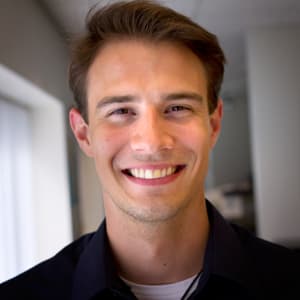Advertisement
At Boston College Law School Forum, Tsarnaev Judge Defends Handling Of Trial
Judge George O'Toole opened his remarks at a Boston College School of Law forum Wednesday with a disclaimer about the trial of Boston Marathon bomber Dzhokhar Tsarnaev.
"I will not address the merits of any of the legal issues in the case," O'Toole said. "As you know, the case is in the very early stages of an appeal, and it would be inappropriate for me to make any comments about any appellate issues."
Throughout his remarks, O'Toole largely stuck to that pledge, simply explaining the nuts and bolts of how to handle a high-profile trial.
But he opened up somewhat during a question and answer session where he was asked about the racial makeup of the nearly all-white Tsarnaev jury. O'Toole said in the process of jury selection, known as voir dire, you don't always get a perfect ethnic cross-section of the community.
"By the time it gets to the actual winnowing out for the many reasons that somebody can be excluded in a close voir dire, you lose control of the cross-section," he said.
O'Toole specifically pointed to the defense rejecting a prospective Hispanic juror who was working dispatch for Northeastern University police the night of the marathon bombings. He said her job — not her ethnicity — made her unfit to be on the Tsarnaev jury.
O'Toole has been criticized for what some say was unnecessary secrecy in the Tsarnaev proceedings. But the judge said he believes he always treated the public and the media fairly.
"I know we have some press members here who may have a different view, but we went to considerable effort to understand the needs of the media and to provide for them," he said.
O'Toole said there was enormous interest in the Tsarnaev trial. There were hundreds of applications for media credentials, and 72 media outlets asked for seats in a courtroom where just 30 seats had been set aside for them.
Advertisement
As for all the documents from the terrorism trial that are still under seal, O'Toole said which ones are made public is largely up to the lawyers.
"We're keeping a little heat on them to come up with joint lists [of documents to be unsealed]," he said. "They're not only deciding whether the whole document can be unsealed now, but if it can't be as a whole document — can a redacted document? And that's very painstaking."
Still, O'Toole said the public can expect quite a few more documents to be unsealed in the coming months.
This segment aired on April 7, 2016.
